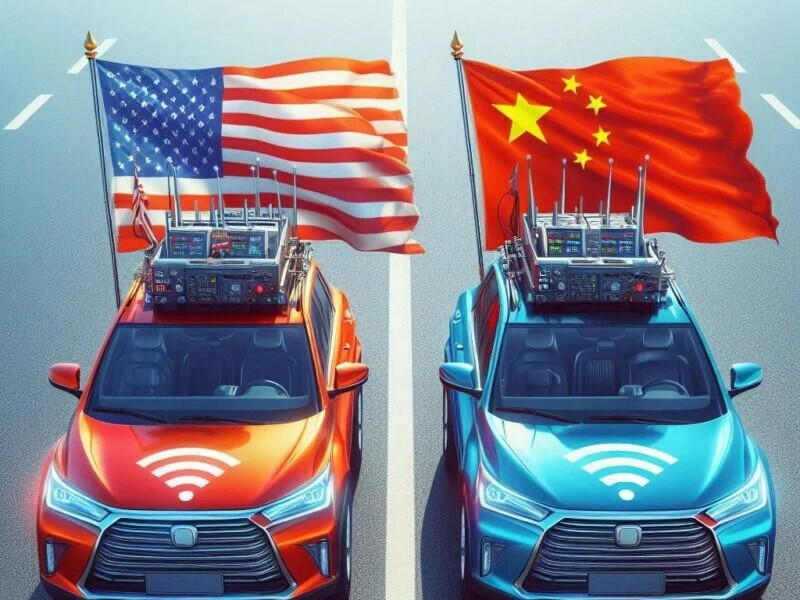
The American automotive industry is urging the U.S. government to delay the implementation of new regulations banning Chinese-made hardware and software in connected vehicles. The Automotive Innovation Alliance (AAI), representing major automakers like Hyundai, General Motors, Toyota, and Volkswagen, has requested a one-year extension on the compliance deadline.
Originally scheduled to take effect in 2027 for software and 2030 for hardware, the new rules, announced by the U.S. Commerce Department in late October, aim to prevent the transfer of sensitive vehicle data to China. The regulations are designed to address concerns about national security, as connected cars collect vast amounts of data on drivers, their vehicles, and their surroundings.
However, industry groups argue that the tight timeline for compliance could disrupt supply chains, increase costs, and hinder innovation. The AAI's John Bozella stated that while the provided lead-time would allow some automakers to make the necessary adjustments, it may be insufficient for others.
The U.S. Commerce Department has expressed concerns about the potential for sensitive data to be transferred to China, citing the risk of data breaches and intellectual property theft. Commerce Secretary Gina Raimondo emphasized the importance of protecting U.S. consumers from the potential misuse of their data.
Mexico, a major automotive manufacturing hub, has also voiced its opposition to the new regulations, arguing that they could disrupt regional supply chains and harm the North American automotive industry. The Mexican economy ministry has expressed concerns about potential trade barriers, supply chain disruptions, increased production costs, and job losses.
The proposed delay in implementation has ignited a debate over balancing national security concerns with the needs of the automotive industry. As the U.S. continues to grapple with the challenges posed by rapid technological advancements and geopolitical tensions, the outcome of this issue will have significant implications for the global automotive market.
[Copyright (c) Global Economic Times. All Rights Reserved.]






























